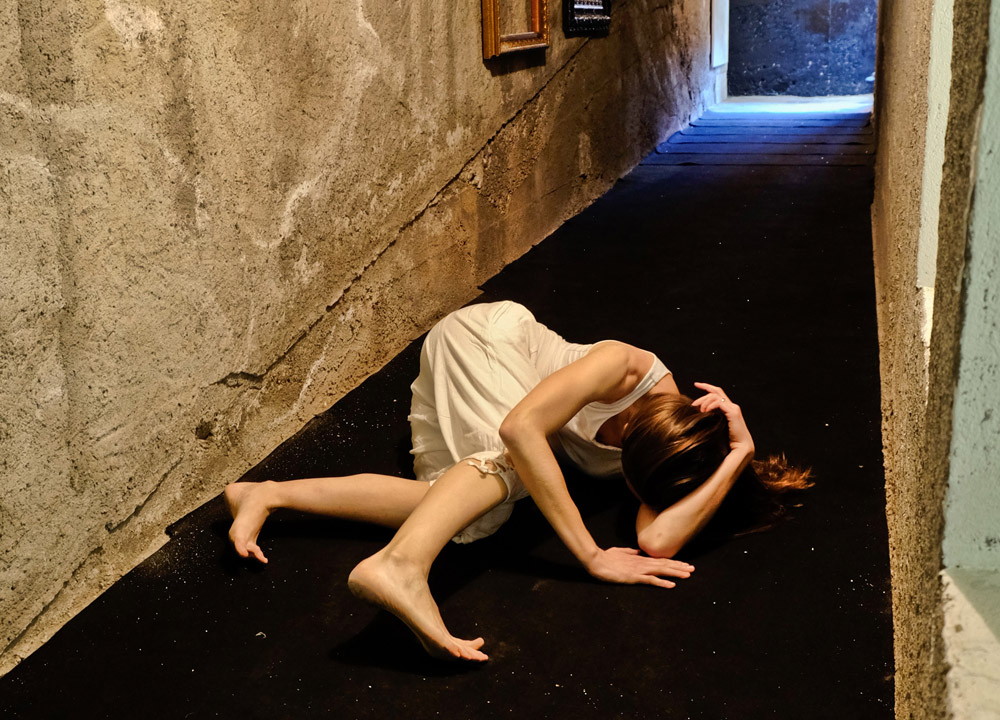September 13, 2020
Are You a Writer or an Artist?
Most fiction writers would like to think of themselves as artists. To be an author is to be an artist, right? Well, no; not necessarily. The question “are you a writer or an artist” might corner some of you. Perhaps you resist it.
“Surely”, you might say, “one can be both a writer and an artist”. Again, the answer is no, not necessarily. And mind you, I don’t mean that you might be writing nonfiction.
There are untold numbers of fiction writers out there who think they’re artists. Remember that short-lived meme that began with a statement – let’s take “I’m a writer” as our example – then continued with a series of photos, captioned like “What my mom thinks I do”, “What my friends think I do”?

It then ended with “What I really do”. And here’s where the problem lies. What you really do is often in conflict with what you think you do.
If you feel brave enough to discover something about you as a writer (or an artist) – self-delusion is a viable strategy for some people – by all means, read on.
A Writer or an Artist? Seven Questions to Figure It out
Can I tell whether you’re a writer or an artist? No. But you can, after you ask yourself the following seven Why seven? Why not six or eight? So, here is a bonus question, to make it eight: Do you question what you are given, or are you happy to go along with the guidelines of others? questions.
- What’s more important, to be read by 100,000 people who misunderstood your novel, or by 10 who “get it”?
- Pick an option: You sell a million copies of a mediocre book, or 10 copies of the masterpiece you’ve been aiming for your whole life.
- What’s preferable, 100 5-star “reviews” that are pointless, or a single 3-star review that objectively points out shortcomings in your work?
- You know for a fact that a certain scene/chapter/section of your novel will be received negatively because people won’t see the brilliance that you already do. You: a) let it be as it is; b) change it a bit, compromising between what you like and what the audience might prefer.
- You face rejection after rejection by literary agents or publishers. You a) spend endless time (and perhaps money) online on courses, tutorials, workshops, support forums, etc.; b) you write.
- You have a week’s time and $2,000. You a) travel to a Greek island with your loved one and experience once-in-a-lifetime sights, sounds, flavors, and sensations; b) rent a cabin in the middle of a forest, by a beautiful pond, and you decide to finally work on that long-forgotten manuscript of yours.
- Pick a citation (hell, let’s make it your epitaph): a) A man’s life of any worth is a continual allegory – and very few eyes can see the mystery of life; b) The road to success is not easy to navigate, but with hard work, drive and passion, it’s possible to achieve the American dream.
The Subjectivity of an Answer
Needless to say, don’t expect me to actually answer these questions for you. I won’t insult your intelligence by telling you “if you had more A’s it means this, if you had more B’s it means this”. You can figure it out, if you’re honest to yourself. That’s part of the beauty, too, I guess. You’re answering subjectively, but it can still be correct.
On the other hand, whereas some of the questions might appear “easy” (that is, it’s relatively straightforward to figure out which reply refers to being a true artist), others might trouble you.
And yet, I still won’t answer for you. However, I’ll leave a hint in the caption of this photo, which I wanted to add because I referred to Greek islands, the best place on planet Earth – more subjectivity; but is there anything but subjectivity?

In that order
Artistry Is a Binary Condition
In other words, you can’t be “a bit of an artist” or a “part-time artist”, the way you can’t be “a little bit pregnant” (with apologies to Hegelians out there).
If you’re agonizing over sales or reviews, if you’re polishing an email to a literary agent for hours or days, or if you rewrite your novel again and again trying to incorporate audience feedback, then you’re not an artist.
You can still be a writer, perhaps an excellent one, but you’re not an artist. For an artist – especially an excellent artist – life is too important to be about such frivolities.
Artists simply don’t care about their audience. Artists don’t even bother entering the whole process of finding an agent, a publisher, or anything remotely related to marketing. They’re too busy creating to be annoyed by such meaningless endeavors.
To be an artist means to smoke the only copy of your manuscript – ten years’ worth of work – because you ran out of tobacco paper, shrugging your shoulders and thinking “so what, I know I wrote it”.
For the rest of us, it’s a continuous struggle between what we are and what we think we are.
I don't show you ads, newsletter pop-ups, or buttons for disgusting social media; everything is offered for free. Wanna help support a human internet?
(If you'd like to see what exactly you're supporting, read my creative manifesto).
